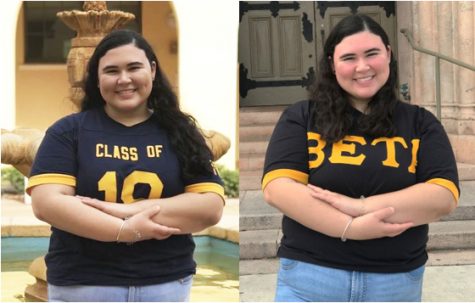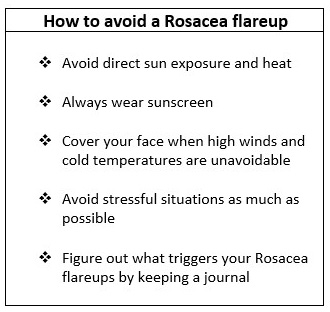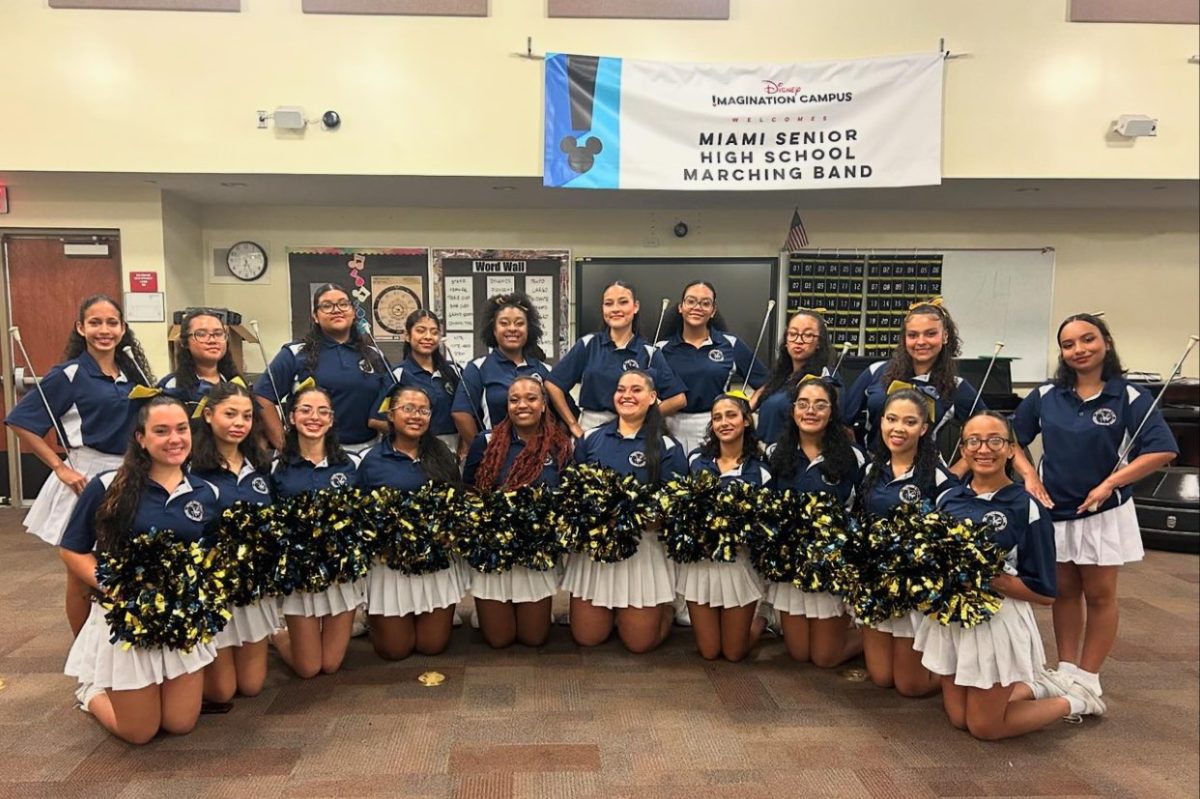No, I’m not blushing.
April 16, 2019

“Looks like someone went to the beach this weekend.”
“Are you embarrassed?”
“What’s wrong with your face?”
No, it’s not a sunburn. No, I am not embarrassed. And no, there is nothing wrong with my face. It is just my Rosacea.
What is it?
Imagine always walking around with a paper bag on your head, except you aren’t. You’re just walking around with a bare face. Imagine having a constant, often painful, sunburn that will never go away.
Imagine your greatest insecurity, that you cannot change, being the constant root of everyone’s jokes. Imagine it being considered OK for people to comment and joke on how your face looks. This is what the past decade of my life has felt like.
Rosacea is a skin condition that typically affects fair-skinned individuals aged 30-50. According to the American Academy of Dermatology, 14 million people in the United States currently suffer from it. While Rosacea is far more common in women, men are more likely to develop severe cases of it.
It is also important to note that Rosacea can affect people of color and younger individuals, such as myself. Rosacea is typically characterized by flushing and redness of the face; visible blood vessels; swollen, sensitive and dry skin as well as numerous other symptoms. I suffer from these symptoms as well as sensitive skin that often times is dry yet feels oily, acne-like breakouts and hot feeling skin.
What is it like?
Having Rosacea is more than just a skin condition. One can even say that Rosacea has you, rather than you having it. It controls and changes every aspect of your life, from your self-esteem to your daily routine.
Physically speaking, most of the time my Rosacea is not painful, but when I step into the sun, my face will begin to burn, and my skin will get even more red. Also, it sometimes feels like I’m wearing a dried-up facemask that has turned my skin into cement.
As for the mental/emotional aspect of having Rosacea, it is exhausting because of the comments people make and also the fact that you will never know what your face will look like when you wake up. Living with Rosacea takes a toll on your confidence, especially when the only way for you to look normal is to wear makeup.
How it has affected me
Personally, having Rosacea has resulted in a decline in my self-confidence, especially since I was diagnosed at a younger age than normal. Although I can’t exactly remember when my Rosacea became noticeable to those around me, I can distinctly remember every comment made about it. I can remember every joke made about how red it was, and I can especially remember every tear I shed.
While having Rosacea has resulted in a decline in my self-confidence, it has also helped me to find my worth in things other than my physical appearance. I haven’t always been what society deems as “pretty” and so, at a young age, I chose to put my all into my academic life. I did so in hopes of my academic achievements filling a void for me; that void was not feeling pretty on the outside. By being recognized for my academic achievements and abilities, I began to feel special, and important, but most importantly beautiful.
Treatment
For almost every other skin condition out there, a cure exists, but for Rosacea, that’s not the case. According to the National Rosacea Society, there is no cure, but treatments to control or eliminate signs or symptoms are available. Treatments include, but are not limited to, laser therapy, surgery, antibiotics, and topical creams. For my Rosacea, treatments include topicals and laser treatments.
An important thing to note about treating Rosacea is that it is extremely expensive for many reasons. First, seeing a dermatologist is not always covered by insurance, and if one does not have insurance, it will make seeing one more expensive.
Also, many of the prescribed topicals are extremely expensive, even if you have insurance. Just one of my prescribed topicals costs $70… and that was because my dermatologist gave us coupons that took off around $200.
To get rid of my redness and visible blood vessels, my dermatologist recommended that I endure a set of laser treatments, but because they are very expensive reaching upwards to $300 per session, I was unable to.
Despite treatments being expensive, there is still hope to reduce and control symptoms. The National Rosacea Society recommends for Rosacea patients to “identify and avoid lifestyle and environmental factors that may aggravate their individual conditions.” To improve my Rosacea, I switched to a cleanser for sensitive skin that is free of harmful chemicals such as dyes, fragrances and parabens, and I saw a difference because of it.
Who else has it?
Rosacea is not very selective in who it affects. Anyone can have Rosacea regardless of who they are or what they do. An article published on the website Everyday Health states that famous celebrities such as actress Cameron Diaz, singer Sam Smith, former President Bill Clinton, and even Princess Diana of Wales and her son Prince William, who inherited the condition from her, are known to have suffered from Rosacea.
However, knowing someone personally with Rosacea is like finding a needle in a haystack as only 6% of the world’s population suffers from it, according to Rosacea.Org. Also the percentage of adolescents that suffer from Rosacea is even smaller as it is rare for people under the age of thirty to have it.
However, one of my very good friends, senior Thalia Hechevarria, suffers from it as well. Speaking of her experience with Rosacea, she said, “It is hard to deal with, but it has also helped me to find my worth in other things to prove that I am normal and that I am more than just a red face.”
What having Rosacea has taught me
Having Rosacea is not something I would wish on an enemy, because it is not easy. However, after years of being embarrassed by my Rosacea, I can now say that I am grateful and proud to have it.
Just this past year I reached a point in my life where I decided I would no longer give it the power to hurt me or be used against me. About a year ago, I was given the option of getting rid of my Rosacea forever through an expensive set of laser treatments. Though I could not afford the treatments, I made a promise to myself that before getting rid of my Rosacea, I would learn to own it, embrace it, and love it because it is part of me.





